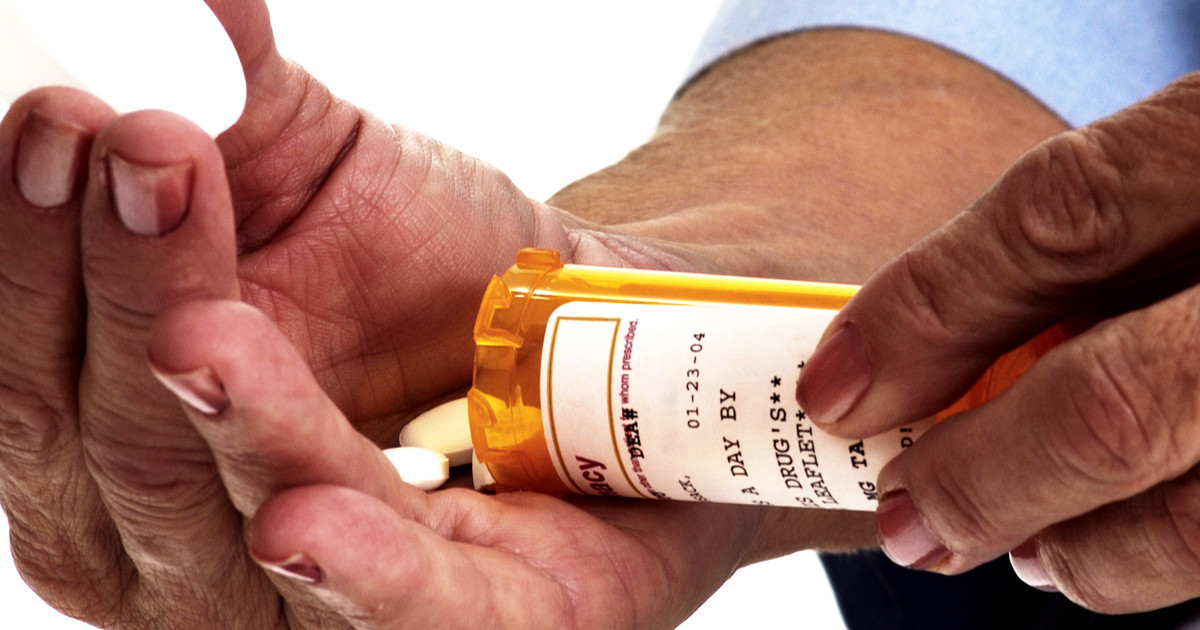What Medications May Treat Hypotension?
Patients may have hypotension if their blood pressure is consistently at 90/60 or lower. This condition seems to develop for many reasons. Potential causes may include dehydration, blood loss, and septicemia. Vitamin deficiencies, such as in iron or vitamin B12, may trigger low blood pressure as well. Diabetes patients and seniors may be at a higher risk of this condition than others. Untreated, hypotension may trigger fainting and dizziness. Severely low readings may cause brain and heart damage.
Patients may need to consume more salt as a hypotension treatment. Sometimes, another natural treatment for low blood pressure is drinking more water as well. Some patients seem to benefit from wearing compression stockings too. However, some individuals may need blood pressure medication. They may want to understand the common options for hypotension medication first.
Fludrocortisone
Fludrocortisone seems to be a common corticosteroid for this condition. It may help treat Addison's disease as well. This drug appears to lower how much salt patients get rid of through their urine. Unfortunately, this medication may not be safe for everyone. Patients with fungal infections do not seem to be able to take it. Individuals may also want to talk about their medical history with a doctor first. It appears that stomach ulcers, kidney disease, diabetes, glaucoma, and other issues make this medication unsafe for some individuals.
This drug may have several possible side effects. Common ones seem to include salt and water retention, slow wound healing, stomach ulcers, and easy bruising. Patients may want to tell their doctor right away about some side effects, including seizures, blurry vision, lower limb swelling, eye pain, and severe abdominal pain. Low potassium may be another side effect, and patients should consider getting prompt treatment for signs of this. The symptoms may include leg cramps, an irregular heartbeat, muscle weakness, and fluttering in the chest.
Reveal more medications that may treat low blood pressure now.
Midodrine
Midodrine may help treat orthostatic hypotension. It seems that this condition is a sudden blood pressure drop upon standing. This medication may help stimulate nerve endings in blood vessels. Thus, the blood vessels should tighten. Ultimately, this medication should increase the patient's blood pressure, though patients may experience some side effects. Potential effects may include chills, skin tingling, frequent urination, and stomach pain. These appear to be common. This drug's less common side effects seem to include insomnia, dizziness, leg cramps, dry mouth, and drowsiness.
Patients may take this medication three times daily. However, doses seem to need to be at least three hours apart. Individuals should take their last dose before 6 p.m. as well. This medication does not seem to be suitable before naps or bedtime. This may be because it increases their blood pressure when lying down. Doctors seem to recommend raising the head of the bed to help. This medication appears to interact with beta-blockers and alpha-blockers. Patients may want to talk about their current medications with their doctor before taking this one to prevent other possible interactions.
Continue reading to learn about more potential medications for low blood pressure now.

